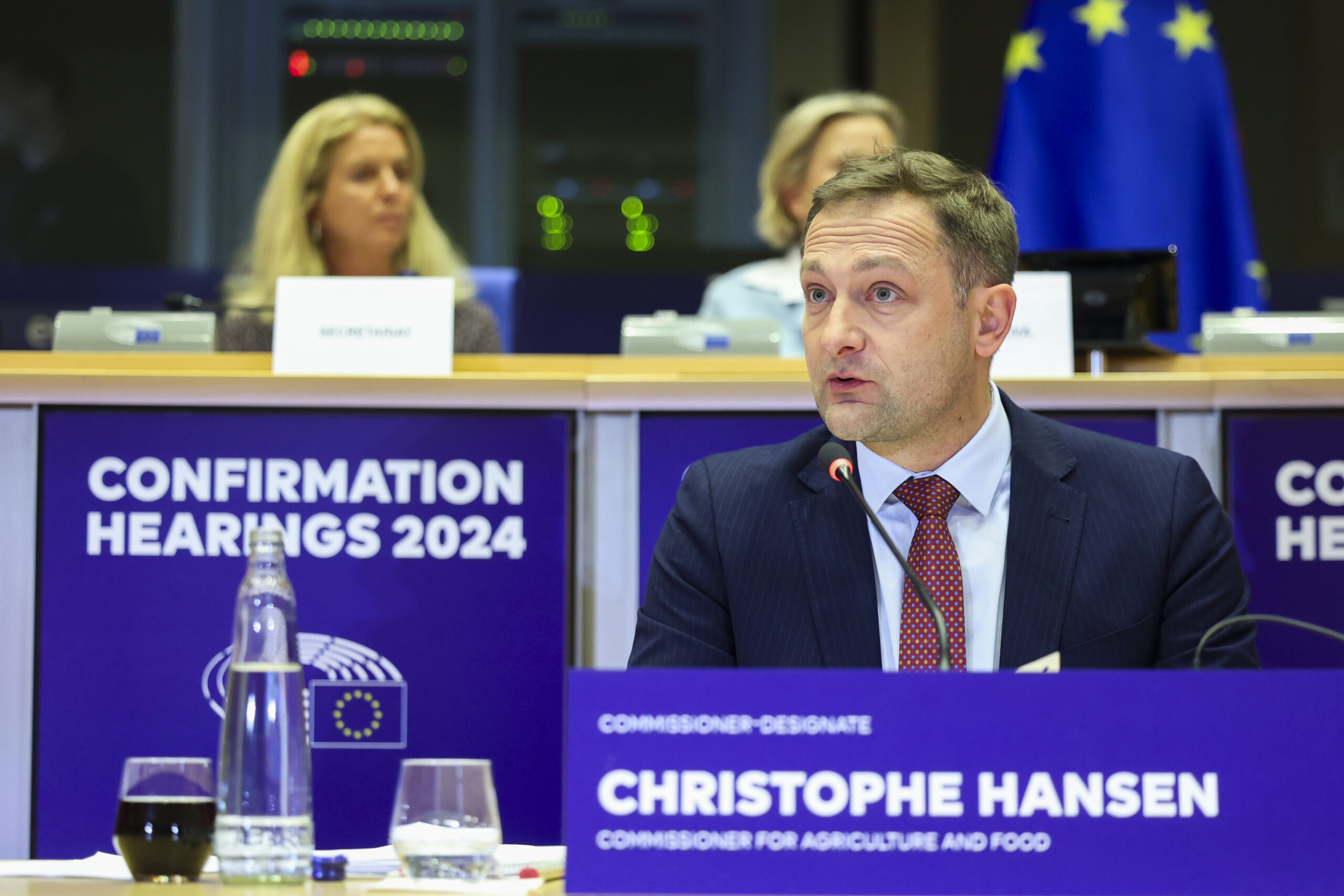From the Correspondent in Strasbourg – A European Commission working document has rekindled fears in the Italian and European wine sectors. “Work is underway to revise the directive on minimum rates of excise duty to apply to alcoholic beverages,” reads the report, which takes stock of the implementation of the EU Plan to Combat Cancer (BECA) launched in 2021. Taxing alcohol, “including wine, remains a strategic prevention tool for the EU,” Brussels reiterates.
Nothing new so far: the review of rules on taxes and cross-border purchase of alcohol products was already included in the roadmap outlined five years ago to combat the evil responsible for at least 1.3 million deaths in the EU in 2022. “Overall, implementation is well on track, with over 90 percent of actions completed or underway,” notes the internal document dated Feb. 4, 2025. The sensitive alcohol legislation has slipped to the current legislature, and the executive confirms “work is in progress” without providing details on when it will submit a revision proposal. In the European Commission’s work program for 2025, published yesterday (Feb. 12), there is no sign of it.
Currently, “taxes on wine, other fermented beverages, and intermediate products are based on volume, unlike other alcoholic beverages where the tax is determined according to their alcoholic strength.” Essentially, the directive sets a minimum excise tax rate of zero for wine and other fermented beverages while setting a minimum positive tax rate for beer, intermediate products, and ethyl alcohol. However, “the market is evolving” and requires “a thorough evaluation,” which will serve to start talks with member states on the next steps, Brussels points out.
The BECA plan also calls for the Commission to oversee all aspects of consumer information and alcohol advertising regulation. The notorious labels similar to those used for tobacco warn of the health risks of consumption. The Plan “calls for a proposal to introduce health warnings on alcoholic beverage labels,” the working paper reiterates.
The Commission pointed out that in 2020, there was an “external study” and a dialogue with national authorities and “stakeholders” who had “the opportunity to provide feedback on an evaluation roadmap in a public consultation in 2021.” Brussels is preparing in advance, in any case, adding that “further analysis is needed to strike the right balance between safeguarding the free movement of goods, securing tax revenues for Member States, protecting public health, and strengthening the fight against fraud.”
League promises to fight. Moretti (PD): “The plan against cancer will have to be implemented.”
Not enough to avert the reaction of Unione Italiana Vini, which in a statement asked “member states and in particular Italian MEPs” to “block in the EU Council and Parliament a document drafted without any public consultation with stakeholders.” The League immediately took up the appeal, which submitted a question to the European Commission asking for the reasons for “this stance, which is not shared, moreover, with the operators and member states, who had already in the past expressed perplexity regarding the merit and applicability of similar guidelines and objectives.” According to Anna Maria Cisint, the first signatory of the question, this is “a dangerous crusade that hides behind healthy good intentions of the fight against cancer, but at the same time goes to hit the entire wine sector.”
The Commission document is nothing more than a working report, and the legislative process for revisions to the alcohol taxation directive and the labeling regulation has not yet begun. When the EU executive puts its proposals on the table, then yes, they will end up in the hands of the relevant parliamentary committees and member states. Alessandra Moretti, a Democratic Party MEP, member of the new Public Health Committee (SANTE), starts with a clear premise: “It is essential to implement the plan to fight against cancer.”

There is little we can do about it; science speaks for itself, and over the years, studies showing the dangers of alcohol consumption have multiplied. The World Health Organization (WHO) has confirmed that alcohol consumption is associated with more than 200 health problems, including infectious diseases, cancer, and mental and behavioral disorders. The World Cancer Research Fund (WCRF) said that “for cancer prevention, it is good not to drink alcohol.” On the appeal made by the Italian wine sector, already grappling with the costs of climate change, Moretti replied: “It is clear that it is needed to defend the sector, but here we are talking from a health point of view.” The EU Commissioner for Agriculture, Cristophe Hansen, already announced support for the wine sector, saying that “possibly as early as March,” he would propose “a package of specific measures for the wine sector that will provide an immediate response to the sector without waiting for the CAP reform.”
In Italy, the National Health Service spends about 16 billion euros a year to cover much of the costs of cancer patients, 14 percent of total health spending. On taxation and labeling, it could also be useful to attempt to explain to consumers that taxing alcohol more would, for example, allow the social and health costs of the disease to be covered.
English version by the Translation Service of Withub
![Gelsomina Vigliotti [foto: Banca europea per gli investimenti]](https://www.eunews.it/wp-content/uploads/2022/12/Gelsomina-Vigliotti-foto-ufficiale1-scaled.jpg)






